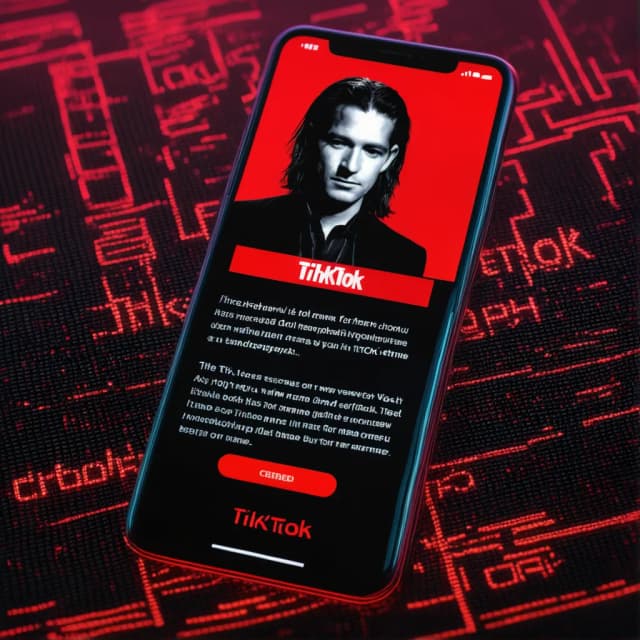
Image source: Block Media
Boundless Unveils OP Kailua Framework to Overcome Layer 2 Rollup Challenges
Layer 2 solutions utilizing Optimistic Rollups have been lauded for their low transaction fees, yet they face significant issues such as the seven-day withdrawal period, capital lockup, and latency-induced inefficiencies. Although Zero-Knowledge (ZK) Rollup upgrades have been touted as the solution, the complexity and costs associated with a full transition to ZK Rollups have impeded widespread adoption.
To tackle these problems, Boundless has introduced an innovative solution: the OP Kailua Framework. This framework facilitates the transition of existing OP Stack-based rollups into ZK Rollups. The process, which once took several months, can now be completed in a matter of hours without altering existing smart contracts or user environments.
Dual Operational Modes for Enhanced Rollup Functionality
OP Kailua offers two distinct modes for improved rollup efficiency:
- Hybrid Mode: This mode substitutes the traditional fraud-proof system with a single zero-knowledge fraud proof, achieving transaction finality in around three hours.
- Validity Mode: This mode removes dispute stages entirely, ensuring proof of all blocks through cryptographic methods and finalizing transactions in under an hour.
Making ZK Rollups More Efficient and Broadly Accessible
Boundless advances the ZK Rollup ecosystem through a global node network. This network forms an open marketplace where nodes compete to provide proofs, using a reverse Dutch auction system. Requesters assign proof tasks for specific blocks, and nodes bid for the opportunity to complete these tasks.
A node's failure to execute a proof results in a forfeited deposit and reassignment of the task to another node, ensuring continuous proof activity and reduced costs.
OP Kailua's main benefits include:
- Transaction finality within three hours,
- Lower proof costs,
- Reduced dependence on sequencer trust,
- Decentralized, permissionless proof processes.
For instance, proof costs on the Base chain have been reduced to approximately $0.002 per proof.
Effortless Migration: A Simple Toggle Approach
Developers utilizing the OP Stack can adopt OP Kailua without complex migration methods. By integrating Hybrid Mode with existing rollups, they can gradually reduce verification time limits and transition smoothly to Validity Mode for a full ZK Rollup architecture. This shift requires no redeployment of smart contracts, changes to user chains, or additional bridges.
Several teams have already begun implementing OP Kailua into their projects:
- Build on Bitcoin (BoB): Transitioning from its Optimistic design to Kailua Validity Mode to lower capital costs in Ethereum-based payments and BitVM bridges.
- SOON: Using Solana Virtual Machine (SVM)-based rollups, they aim to start with three-hour finality via Hybrid Mode before progressing to Validity Mode without chain migration.
- Eclipse: A Layer 2 solution for Ethereum scalability via SVM, Eclipse plans to cut the seven-day finality period to three hours by adopting OP Kailua’s dispute resolution structure.
Moving Towards Cryptographic Finality
The push for secure, fast, and efficient rollup solutions is shifting the market from “probabilistic optimism” to “cryptographic finality.” Boundless is positioning itself as a significant contributor by aligning its nodes, network, and incentives to meet these evolving market needs.
Transitioning to ZK Rollups is no longer a daunting process. With Boundless’ OP Kailua framework, users can make the shift effortlessly with a simple toggle, leaving the heavy lifting to Boundless. The future of Layer 2 scalability just became more within reach.










